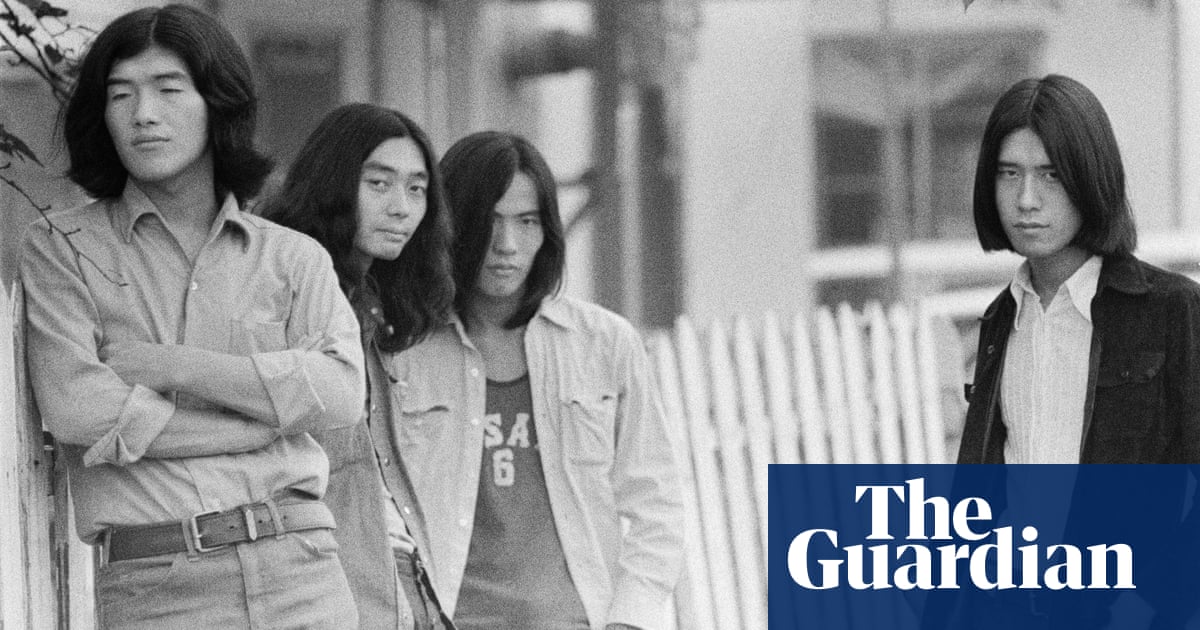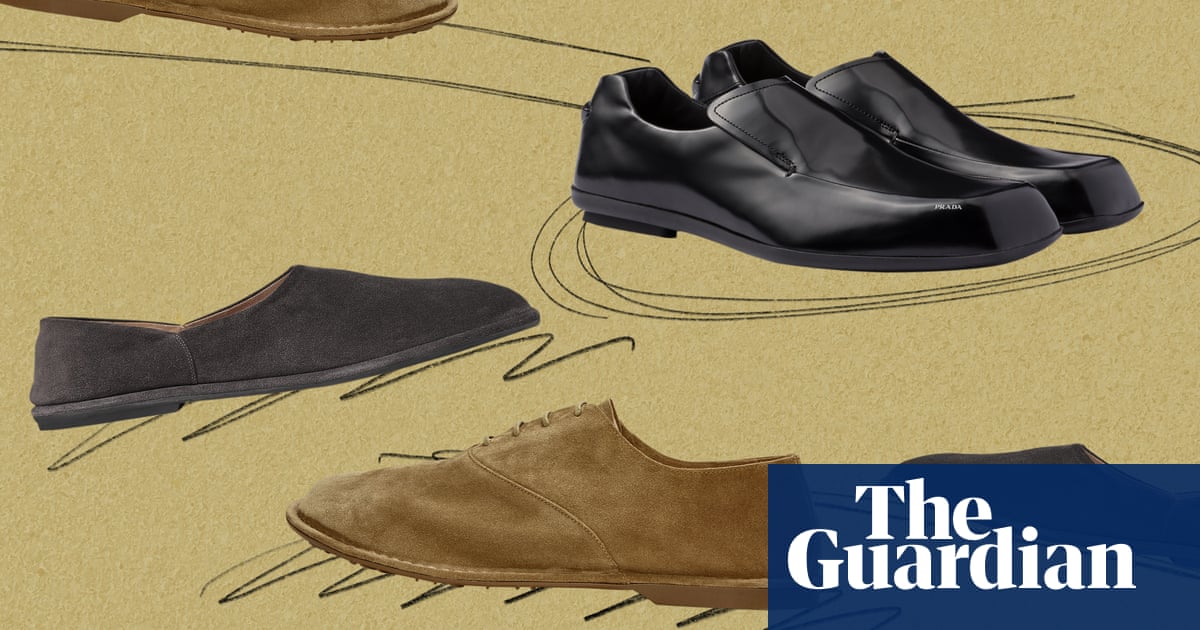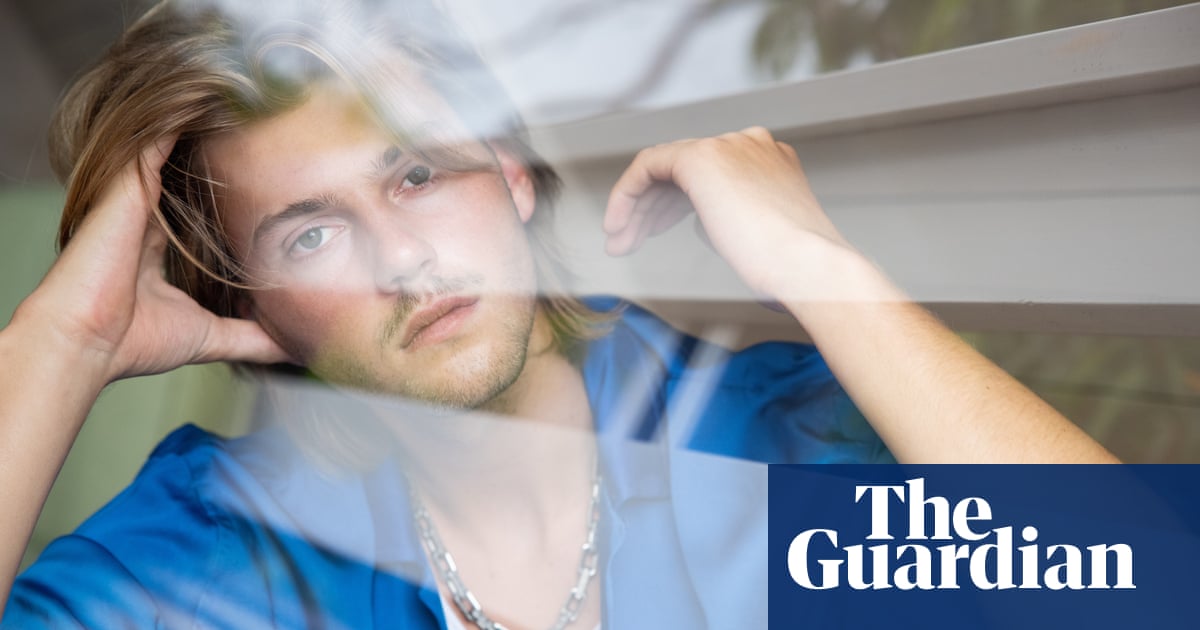
nstage, the Texan trio Khruangbin are a strange sight to behold. At their sold-out show at London’s near-5,000 capacity O2 Academy Brixton last December, guitarist Mark Speer and bassist Laura Lee, dressed in long, black, heavily fringed wigs, sway in unison, while bald drummer DJ Johnson sits calmly in his poncho, pensively holding the groove. All three sing amorphous vowel sounds over Speer’s downtempo, wailing guitar melodies while the crowd of teens, jobbing musicians and parents savouring a night out howl along to the strings, trying to keep up with their electric range.
Formed in 2013 in Houston, Texas, Khruangbin have come a long way from their origins playing in the band of the same church that Beyoncé used to attend. With only the backing of the indie label Night Time Stories, the group have built a sizeable following who have kept them on the road almost continually for the past four years, a singalong crowd dedicated to the blend of easygoing funk, Tex-Mex and touches of west African rhythm they have showcased over two albums. They count Jay-Z among their fans, have 3.9m monthly listens on Spotify and were set to headline London’s 20,000-capacity Cross the Tracks festival this month. All this with a band name (meaning “airplane” in Thai) that most of their fans struggle to pronounce. On the face of it, the band’s crossover success is as peculiar as their stage presence.
“When you see us play, it should look like we just fell on to this planet,” Speer says from Oakland, California. “We play Earth music, like we’ve listened to all these different genres – from west African rhythms to Mexican and south Asian melodies – and now here we are.” This unpredictable blend of sounds has led to a slew of miscategorisations when it comes to the band’s output; it’s regularly referred to as either “Thai funk”, “classic soul” or “psychedelia”.
For Speer, their “Earth music” is an amalgamation of cultures filtered through their own Texan lens; a recapitulation of the contentious othering of “world” music. “When you normalise English-language music in the west and decide to call everything else ‘world’, belittling it in the process, that’s fucked up,” he says. “There’s so much other music out there, of all languages, that needs to be appreciated and it’s why we try to make our own output as universal as possible.” This means an emphasis on impressionistic, almost parodically simple lyrics (the repeated “white cat” on 2015’s Mr White, for instance, or the “yes, this is the third room” refrain on 2018’s Evan Finds the Third Room) that are sung by all three members in unison.
“We all sing together in the band, so our lyrics need to resonate with all of us and with the audience, too,” says Laura Lee, with her wig on, over a video link from Miami. “It makes sense to me that we’ve grown such success internationally since our instrumental music largely tries to avoid language barriers and we’re just inviting people to have an emotional connection with the music on their own level.”
Some might see this anything-goes attitude to music as a form of cultural appropriation, yet Speer justifies it by virtue of their living in Houston. “There’s such diversity here, from west African to south-east Asian, Mexican and Caribbean communities, it’s impossible to ignore how their music makes up the identity of Houston,” he says. “That all feeds inevitably into what we make.”
For their third album, which follows 2015’s The Universe Smiles Upon You, 2018’s Con Todo El Mundo and a collaborative EP with Texan soul singer Leon Bridges earlier this year, the band have taken a new approach to recording and writing. After a gruelling 10-week tour featuring daily plane travel, Lee had something of a revelation. “What I hadn’t realised is that touring was the drug, not any of the partying that might come with it,” she says. “Touring is its own escapism and you get addicted to the rush. But in the process of doing that, I lost myself. We live in costumes on stage and I lost touch with the Laura Lee that exists when the lights go down and the wig comes off.”
In a rare break from being on the road, she went on a hike to a waterfall with a new friend, Mordechai, and dived in. “That jump really did something for me: I realised that we had all been swimming deep underwater without breathing and without really knowing where we were going for the past few years, just chasing every opportunity instead,” she says. “I had to stop to ask what’s important to me and why.” She spent the following day in self-imposed silence in Houston, writing stories based on her experiences in the group and her family’s history that would form the basis of the band’s new record, named after that new friend who brought about this transformative experience: Mordechai.
The album is a typically transporting Khruangbin listen: 10 tracks filled with reverb-heavy guitar, rumbling dubby basslines and that ever-present compressed groove, yet there is also a marked change in the presence of lyrics. Each number now features the band’s voices more prominently, from the communal dancefloor yearning of Time (You and I) to the repeated question “Where are you now?”, directed at Lee’s grandfather, on Dearest Alfred. It is a more personal venture for a band usually so shrouded in costume and presentation.
In a way, Mordechai is the perfect anxiety-busting album for our frantic times. “We record in a barn out on a remote Houston farm, which has played a big part in our sound,” says drummer Johnson. “The serenity of having nature surround us means it doesn’t make sense for us to then be playing hard and fast. We don’t want to take up all the sonic room when you can hear birds and bees outside; there should be space for that, too.”
Forced to pause their touring schedule in support of the new record, each member is isolating apart and getting their head round not permanently being in each other’s company. “Four years flew by on tour and I missed four years’ worth of weddings, birthdays and babies being born,” says Lee. “But I also created an incredible family in the process with Mark and DJ, so I feel very grateful for that. Maybe now I can make time for my other families and friends, too.”
The break has helped shed a new light not only on the band’s career but on the larger, mystical questions of life. “The whole experience of making this album has just helped me focus on the process rather than the results,” she says. “Life is the journey and death is the destination, so we shouldn’t be in such a rush to get there.”












